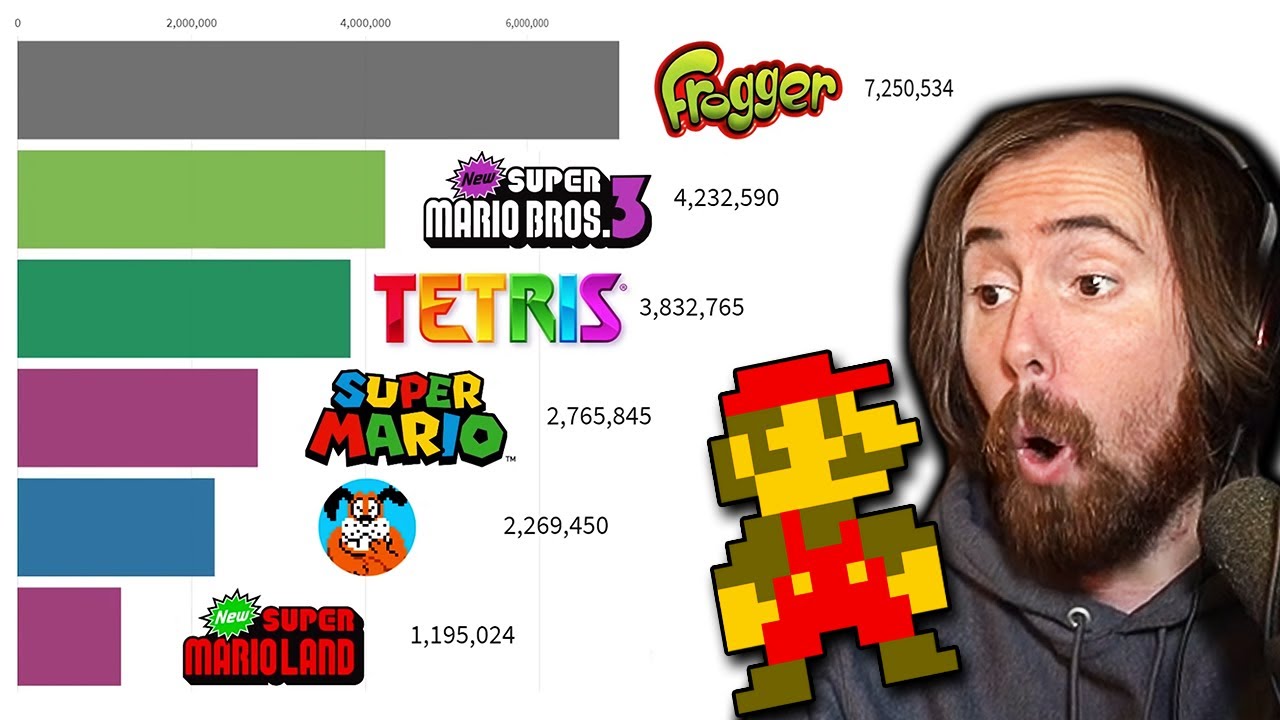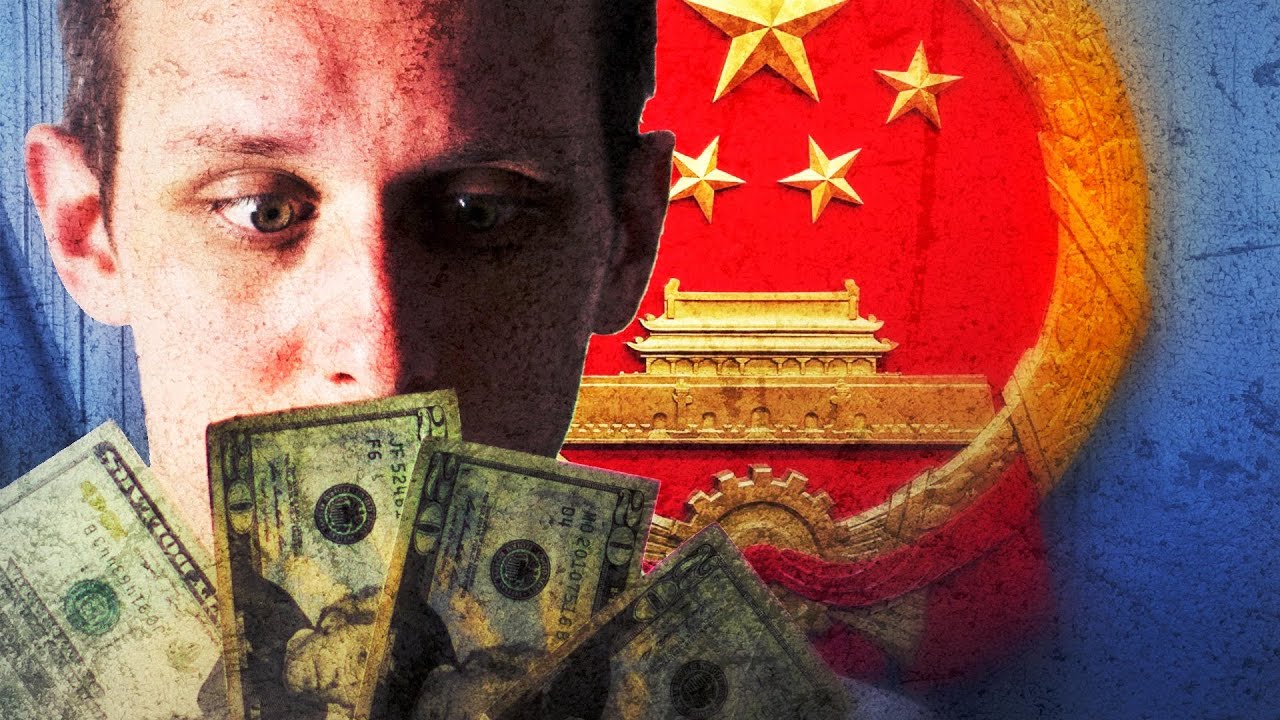https://www.kalzumeus.com/2021/08/27/app-store-payment-competition/
So I continued reading the patio11 article that linked the princess rescuing slides with the faking.
patio11 starts talking about Genshin Impact.
Consider MiHoYo’s Genshin Impact, which I’ll use as an example because I think it is up there with Fortnite or WoW in terms of future expected impact on games industry practices.[1] Genshin Impact is an extremely well-implemented gacha game.
I think he’s tweeted something similar before and he acts a bit like it’s some kind of novel or insightful claim. But I watched Upper Echelon Gamers saying it before I even played the game. He warned us it was going to normalize gacha and make monetization worse in the Western and PC game markets. That it was spreading mobile monetization to a PC audience.
https://www.youtube.com/watch?v=id6Erst1XQo
https://www.youtube.com/watch?v=uIc9FKxGJAk
- A full discussion of why would include Chinese developers’ arrival onto the global AAA scene, Chinese/Japanese/Western gaming cultures and storytelling cultural tropes being interpreted through a Chinese lens, and the game just being rollickingly good fun. It has a phase as an exploration game almost as well-executed as Breath of the Wild (which it draws inevitable comparisons to) and another phase as a fascinatingly deep combat puzzler with thousands of interesting strategic choices and a fair bit of mechanical skill required.

patio11’s footnote makes him sound like he knows what he’s talking about and gives himself too much expertise, and also is misleading about the BotW comparisons. Genshin egregiously violated Nintendo’s rights and ought to pay huge damages. They ripped off a huge amount from BotW, from art style and high level gameplay concepts down to specific animations.
patio11 is whitewashing initiation of force in this paragraph. And he isn’t linking to any of the ppl like UEG who already knew what was going on last year. He could find sources like that. My guess is he just doesn’t know the industry well, doesn’t keep up with such sources, and doesn’t want to take the time to look them up now. But he also wants to present himself as an expert to his readers.
That’s just preliminaries. The faking gets worse as soon as he talks details of the game:
Genshin Impact has a few hundred currencies. The one which converts into gacha pulls is called primogems. The game trains you early to do things for primogems. Open any chest in the game, get 2 primogems. Complete a main quest line, 100 primogems. Complete your daily commissions (short quests), 40 primogems.
Dailies are worth 60 primogems. Has he actually done dailies? If not, why not look it up? Popular games have wikis.
Has he ever been to https://www.reddit.com/r/GenshinImpactTips/ ? when new genshin patches come out people post info about how many free to play primogems are available so they can budget wishes. those calculations always include the primos from dailies.
He’s also wrong about how chests work.
https://genshin-impact.fandom.com/wiki/Chests
He’s wrong in both directions. The wiki has a chart. Some chests reward more than 2 primogems. And some reward 0.
And look at this:
Complete a main quest line, 100 primogems.
The numbers vary. I take the 100 as an example. But you get primos from each sub-quest in the quest line, not as a reward at the end for completing the whole line.
And is 100 even a real number?
https://www.thegamer.com/genshin-impact-every-quest-liyue-primogems/
The article " Genshin Impact: Every Quest In Liyue That Gives Primogems" does not contain the string “100”.
There’s no 100 for monstadt either: https://www.thegamer.com/genshin-impact-mondstadt-quests-primogems/
You can also look at some quest rewards in the wiki e.g. at https://genshin-impact.fandom.com/wiki/Archon_Quests . You might notice that For a Tomorrow Without Tears rewards 100 primogems. Except that’s a quest line with 13 quests and the final quest rewards only 20 primogems because rewards are spread out incrementally instead of giving for completing a line of quests as patio11 claims.
That’s a lot of errors in only a little text.
patio11 routinely presents himself as an especially thoughtful and mathy gamer. but it looks like he hasn’t played Genshin for a while, forgot all the numbers, and is too careless to look them up. he’s too busy posturing as insightful to predict a game will be influential while not mentioning 1) the people who said that nearly a year ago 2) how well the game has sold (it sold around a billion dollars in the first 6 months). Saying the sales figures would make him look less insightful since if a game sells that well you don’t need any expertise to guess it’ll have some influence on the industry. It’s an easy way to recognize notable games.
You can e.g. see Genshin at spots 3-4 on these charts:
https://sensortower.com/blog/top-mobile-games-by-worldwide-revenue-may-2021
https://www.statista.com/statistics/935930/ftp-games-revenue/
On this chart you can imagine if Genshin existed for all of 2020 with revenue around 2B range. (It’s hard to make a good estimate based on 1B in 6 months. The player base grows over time but the game launch gets a sales peak. It’s still doing well now. It’s not on that chart due to not yet being on sale for the majority of 2020, but you can see it would be on the chart if it had sales for the full year and it could realistically be above Candy Crush.)



